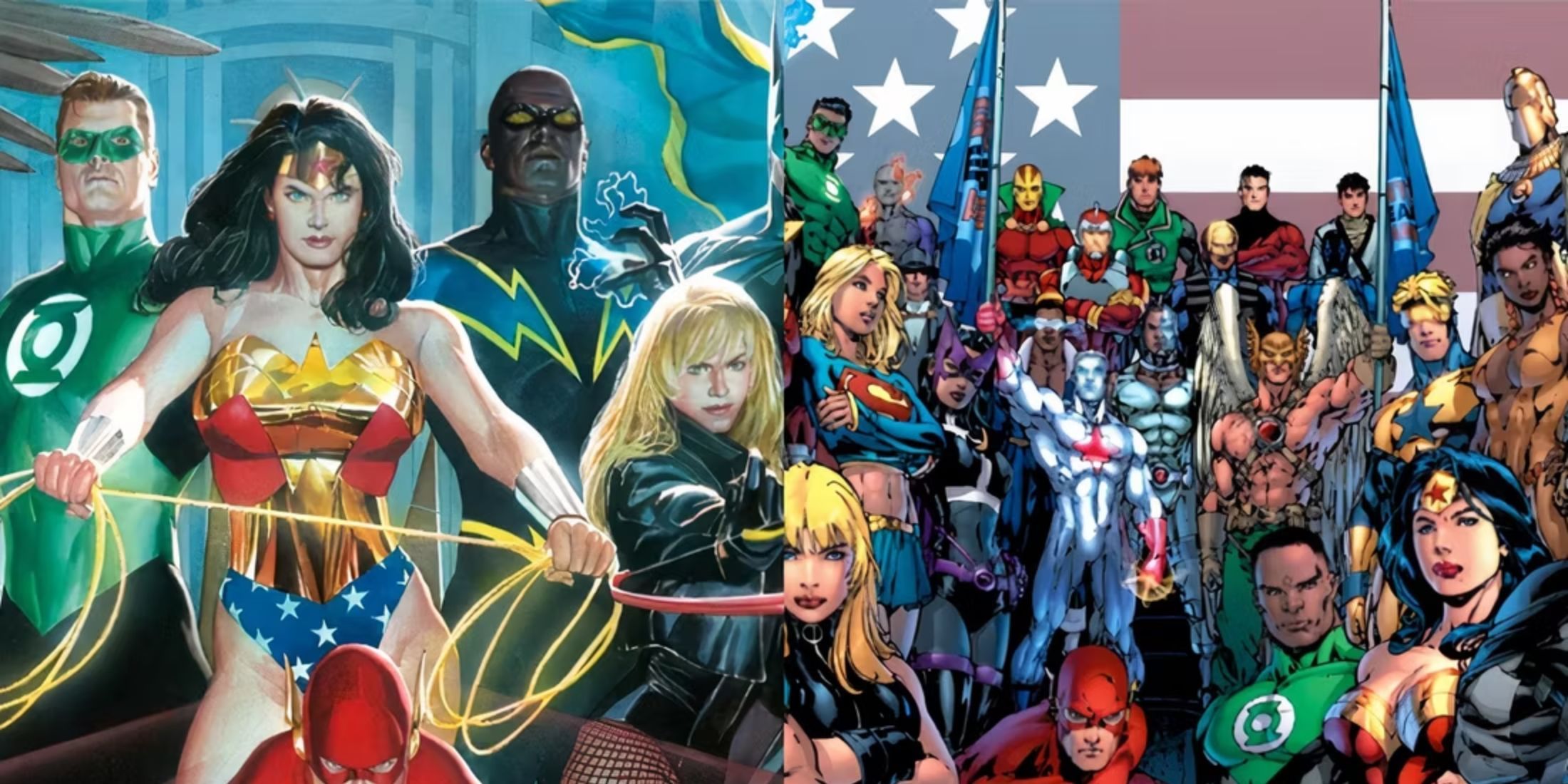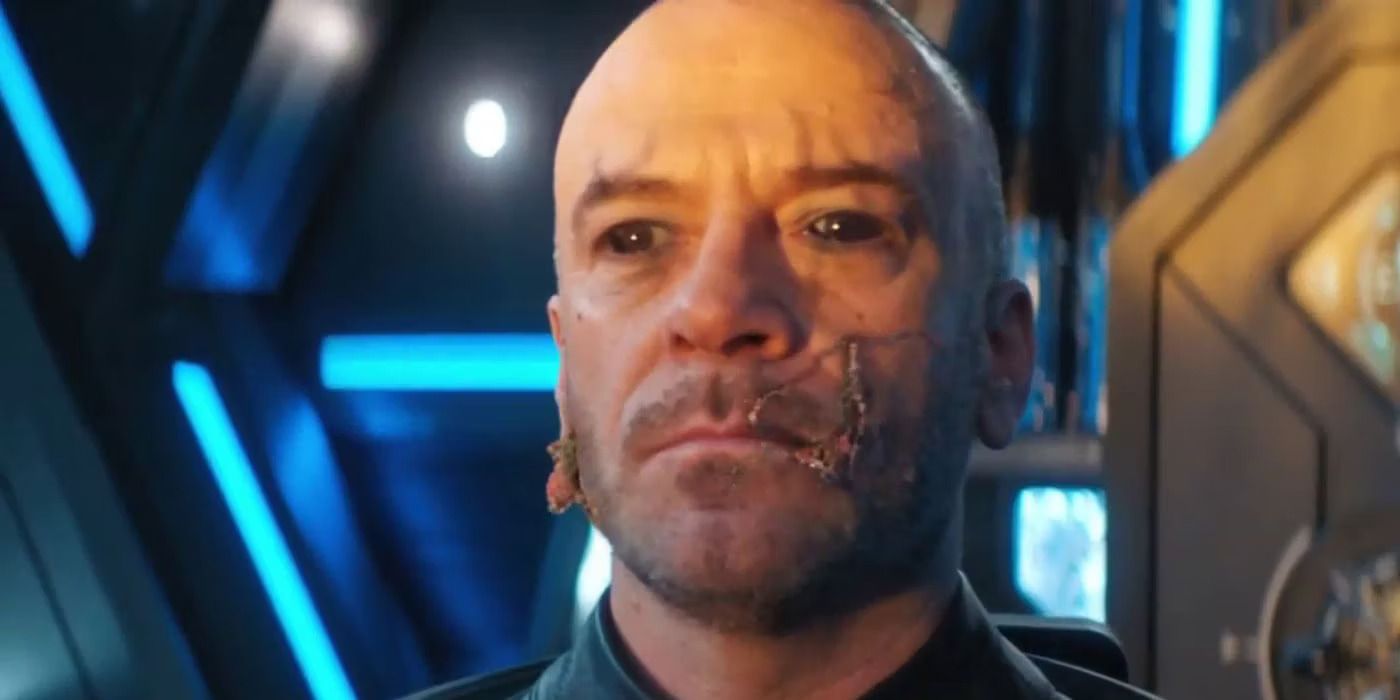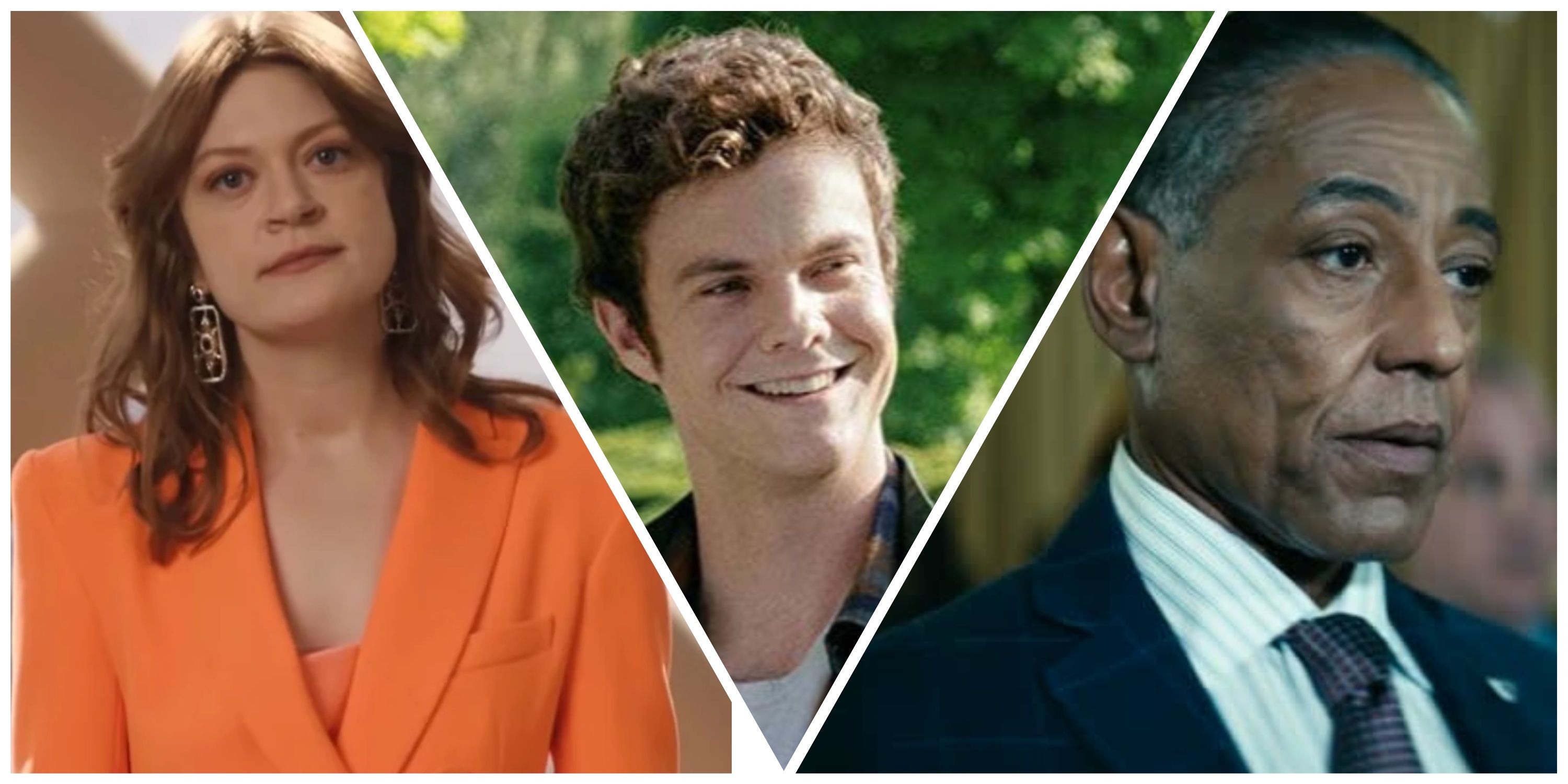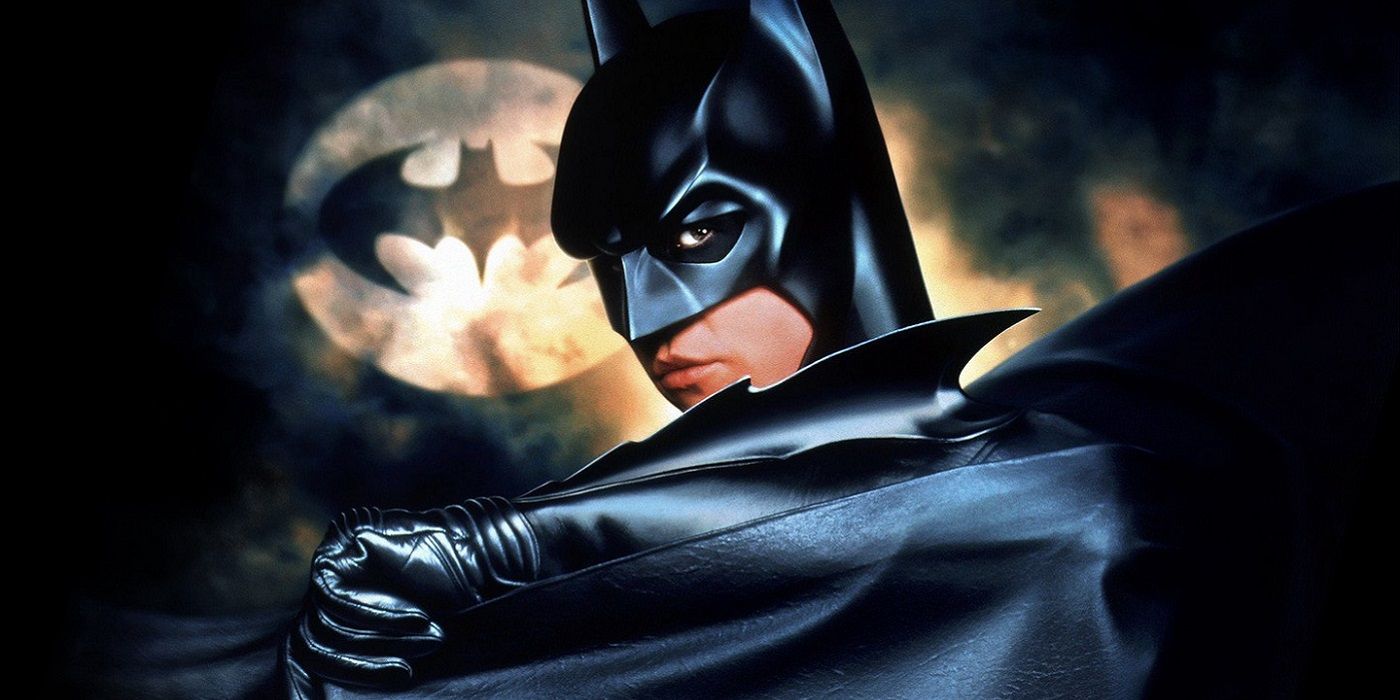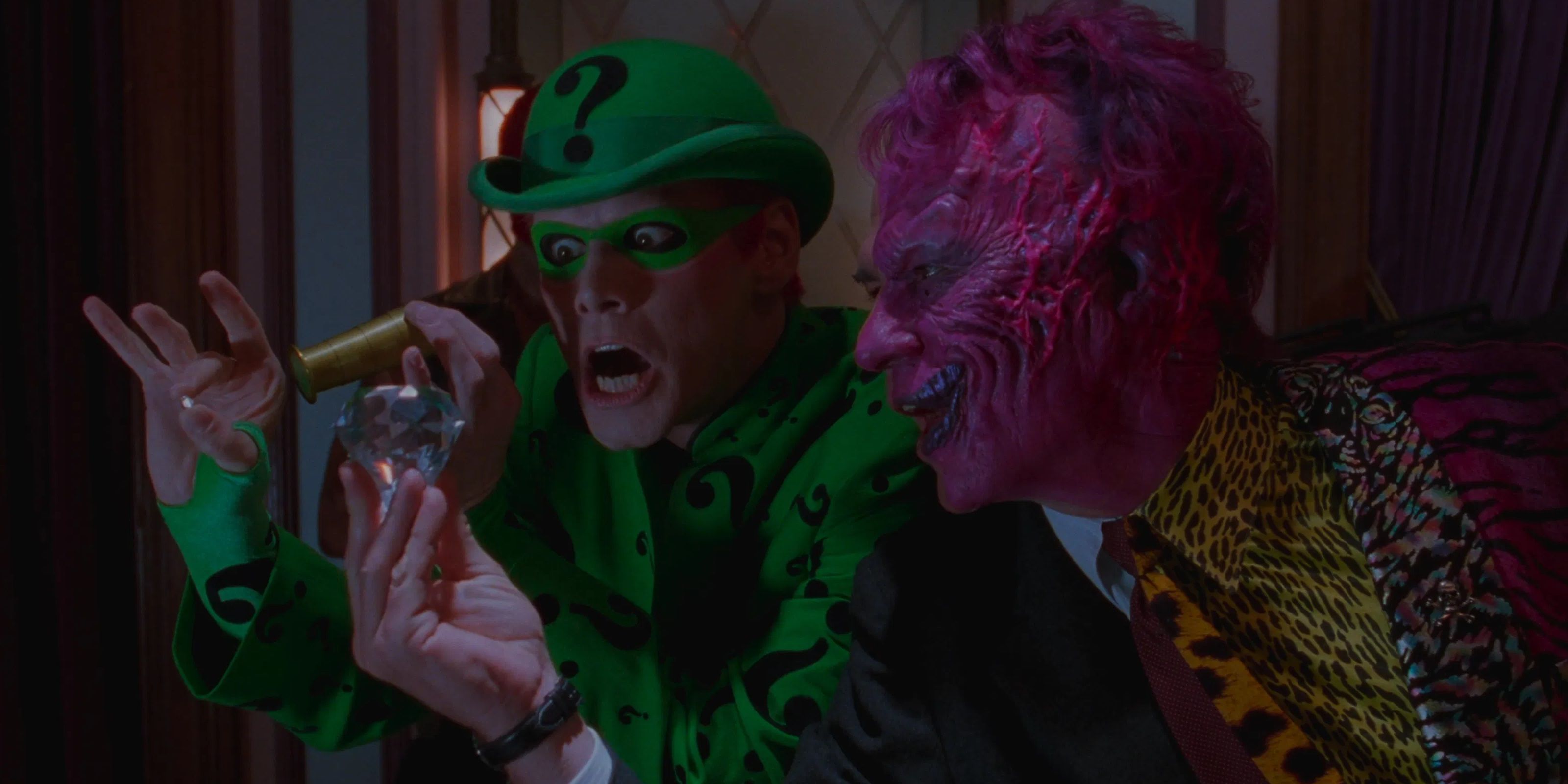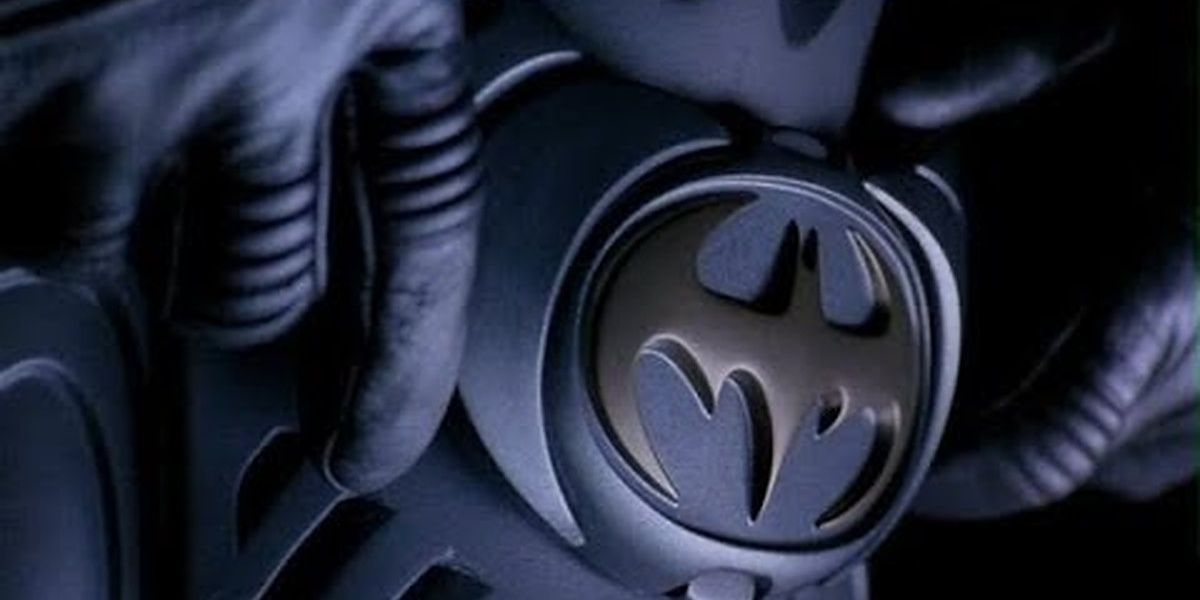Batman Forever, directed by the late, great Joel Schumacher, will be remembered for its campy style, over-the-top production, and cartoony characters, including the whacky villains. However, the psychological aspects that correspond with Val Kilmer's portrayal of Bruce Wayne/Batman make the film better than expected.
The critical reception for Batman Forever, as well as its sequel, Batman and Robin, have always been generally negative due to Schumacher's (and/or the producers') lighter and more comical tone on the material, which was a major departure from Tim Burton's gothic vision of Batman in his two films featuring the Caped Crusader. From the Bat suits with nipples, to the cheesy dialogue, Schumacher's Batman pictures are a throwback to the silliness of the 1960s TV series. While Schumacher's films were cartoonish, Batman Forever was actually a decent combination of light and dark elements, with the gloomier parts coming from Val Kilmer's conflicted hero who deals with a dual identity and the emotional loss of his parents.
Kilmer manages to portray a tough and determined Batman, as well as a suave and charismatic Bruce Wayne. However, underneath all of his power and wealth is vulnerability, which is exposed in his intimate moments with Dr. Chase Meridian (portrayed by the beautiful Nicole Kidman). The scenes between Batman/Bruce and Chase are crucial in exploring the psyche of the superhero/billionaire, and his conflict in being two people at once.
When Chase first meets Batman during the pursuit of Harvey 'Two-Face' Dent (Tommy Lee Jones), she questions his methods for solving crimes and taking down criminals, calling him "a flying rodent." However, on another night, she seduces Batman because she's impressed by his strength and mysterious character. Batman hesitates at first, but he becomes seduced by Chase because of her beauty and her fascination with him.
Chase is also intrigued when she meets Bruce Wayne, who initially sees her to seek out her perspective on the riddles left at his home by Edward Nigma a.k.a. The Riddler (Jim Carrey). However, after discussing the riddles, Chase questions why Bruce really wanted to see her, and, just like Batman, Bruce admires Chase's strength and personality, but is hesitant because his relationships with women don't last (such as Vicky Vale and Selina Kyle from Burton's films). Even apart from that, Bruce is also fearful about sharing his secret identity with Chase, as well as the emotional memory of losing his parents, which continues to haunt him. Chase senses Bruce's sadness when he looks at her Malaysian dream warden doll (which has a dark side and a light side).
When Bruce confesses to Chase that his parents were murdered when he was a boy, she tells him that his traumatic experience is triggering him to have "repressed memories" and "memories of forgotten pain." Right when Chase attempts to understand Bruce's painful memory of losing his family, Bruce once again hesitates at this point and changes the subject to Batman, wondering why she's interested in Gotham's hero. Chase mentions her fascination with Batman, and Bruce says that everyone is two people, hinting at the concept of dual identity without revealing his alter ego.
Bruce and his loyal butler Alfred (the late Michael Gough) also have intimate moments together, such as when Alfred overhears Bruce saying, "I killed them," referring to the moment he hears Bruce remembering his parents' death. Bruce also contemplates whether Chase loves him or Batman more, and Alfred assures him that he should let her make her own decision. Alfred has not only been a butler and partner, but also a father figure to Bruce.
Wayne also has Dick Grayson/Robin (Chris O'Donnell), whose family was murdered by Two-Face, and seeks vengeance. When he discovers Bruce's identity as Batman and asks for his help and partnership, Bruce refuses to help the young acrobat because he doesn't want him to go down the same troubled path as him. Bruce explains to Dick that vengeance won’t take the pain away, and that it will lead to loneliness and sadness, which Bruce constantly feels on an internal level, despite his success as a hero and billionaire.
While Two-Face and The Riddler are portrayed as mostly comical villains, and their backstories are only slightly mentioned, they each also have an identity crisis. Harvey Dent was once a respected district attorney, but when part of his face turned to acid, he blames Batman for ruining his career, and seeks revenge against him while turning into a killer and criminal. Edward Nigma was a scientist who was so excited to share his vision with Bruce Wayne concerning brain waves, only for Wayne to turn him down, causing Nigma to go mad and prove he’s superior to Wayne by building on his idea to read people’s minds. Two-Face and Riddler were ordinary people who become villains because they feel they were wronged, and seek to spread mayhem towards Batman and Gotham.
All of the primary characters in this film go through dual identities because they each try to discover who they really are. Bruce chooses to be a philanthropist and a superhero because he is capable of living both lives in order to help others and take down evil. Dick is an acrobat who also becomes a hero like Batman to defeat criminals and bring honor and justice to his family name. Chase loves Bruce and his alter ego Batman due to his strength and internal vulnerability.
Batman Forever may be remembered mostly for its over-the-top comic book storyline, but Val Kilmer’s Batman/Bruce Wayne is also memorable for displaying the character's internal struggles. The chemistry between him and Chase is also slightly more open and effective than the relationships in Burton’s films, especially in terms of understanding his dual identity.
With Kilmer recently reflecting on his role as Batman, fans may still be wondering if the darker and longer "Schumacher Cut" may be in existence and released anytime soon? It's safe to assume that it could be possible, especially after the success of Zack Snyder's Justice League, Michael Keaton and Ben Affleck reprising their respective Batman roles for The Flash movie, and Robert Pattinson donning the cape for The Batman. Spectators can agree that whoever plays Batman in a movie or franchise, the superhero continues to be an inspiration because he is a complex, multi-layered character whose legacy will live on forever.

